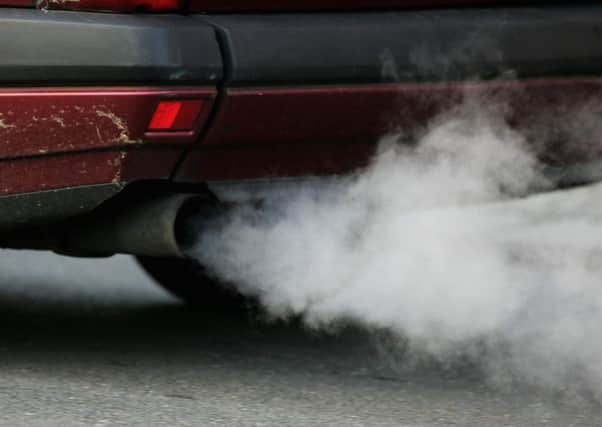Martin Flanagan: Petrol and diesel ban could use some help
This article contains affiliate links. We may earn a small commission on items purchased through this article, but that does not affect our editorial judgement.


The UK government’s pledge to ban new diesel and petrol cars and vans by 2040 shows that as far as pollution and global warming are concerned the direction of travel is correct. But environment secretary Michael Gove’s announcement is likely to prompt restrained plaudits.
Advertisement
Hide AdAdvertisement
Hide AdYes, long-term planning is necessary on vital issues (40,000 premature deaths are caused annually from air pollution), but we are still talking about a ban that is comfortably more than two decades away in the UK.
Admittedly, greener and less congested Norway has an easier task, but that country wants to reach the goal by an altogether more exciting deadline of 2025.
Even so, Frederik Dahlmann, assistant professor of global energy at Warwick Business School, makes a valid point in saying that the UK government’s move will also “give car buyers an incentive to consider the different types of engine options available in light of the long-term development of the market”.
He says: “With the rapid development and deployment of electric vehicle models, there is a good chance that apart from buyers of ‘collectors’ items’ and ‘classic cars’, demand will have largely shifted well before the deadline”.
Consumers can be quite canny in seeing the way the wind is blowing. Even so, the faster Gove’s department can move on shorter-term initiatives costing £200 million with local councils to ease the country’s vehicle-induced noxious fumes the more it will grab the public’s support.
As Gove says, this could include more work on bus fleet conversions and possible restrictions on drivers – although he is not a fan of the “blunt instrument” of charges – in particularly polluted areas.
Incidentally, the anti-petrol engine momentum must be worrying the oil majors, only now recovering from more than two years of lower prices. If the automotive industry can deliver the aspiration, then logic suggests oil demand will fall sharply in its train, alleviated partly by demand from airlines and wider industry.
Analytics business Wood Mackenzie reckons that by 2035 demand for diesel and petrol in the UK car industry will have fallen 40 per cent.